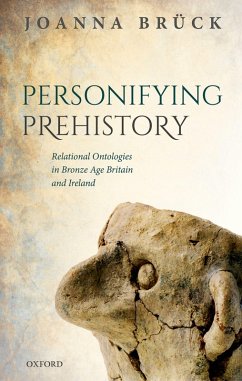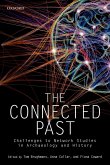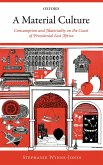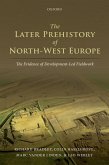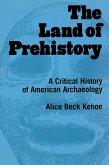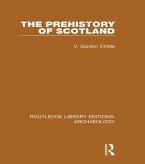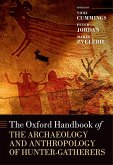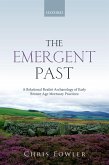The Bronze Age is frequently framed in social evolutionary terms. Viewed as the period which saw the emergence of social differentiation, the development of long-distance trade, and the intensification of agricultural production, it is seen as the precursor and origin-point for significant aspects of the modern world. This book presents a very different image of Bronze Age Britain and Ireland. Drawing on the wealth of material from recent excavations, as well as a long history of research, it explores the impact of the post-Enlightenment 'othering' of the non-human on our understanding of Bronze Age society. There is much to suggest that the conceptual boundary between the active human subject and the passive world of objects, so familiar from our own cultural context, was not drawn in this categorical way in the Bronze Age; the self was constructed in relational rather than individualistic terms, and aspects of the non-human world such as pots, houses, and mountains were considered animate entities with their own spirit or soul. In a series of thematic chapters on the human body, artefacts, settlements, and landscapes, this book considers the character of Bronze Age personhood, the relationship between individual and society, and ideas around agency and social power. The treatment and deposition of things such as querns, axes, and human remains provides insights into the meanings and values ascribed to objects and places, and the ways in which such items acted as social agents in the Bronze Age world.
Dieser Download kann aus rechtlichen Gründen nur mit Rechnungsadresse in A, B, BG, CY, CZ, D, DK, EW, E, FIN, F, GR, HR, H, IRL, I, LT, L, LR, M, NL, PL, P, R, S, SLO, SK ausgeliefert werden.

